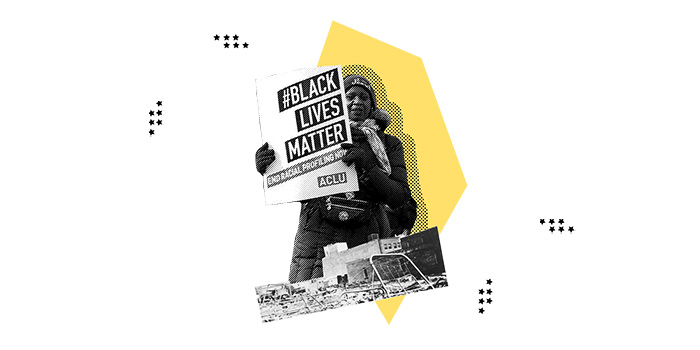
Defy Ventures, Inc. v. Small Business Administration
What's at Stake
Suing the Trump administration to lift its unlawful exclusion of businesses owned by people with criminal records from being eligible for Paycheck Protection Act funds
Summary
This case challenges the Small Business Administration’s (“SBA”) and Department of the Treasury’s unlawful and irrational decision to categorically deny access to the Paycheck Protection Program (the “PPP”) to small businesses owned by individuals with criminal histories. The SBA’s actions run directly contrary to the statutory text of the CARES Act, which requires that “all” small businesses “shall” be eligible for the PPP, Congress’s emergency lifeline to small business during the COVID-19 pandemic. Rather than aiding people and businesses in need—the entire purpose of the PPP—these restrictions do the opposite: they cause irreparable harm to business owners who are disproportionately Black and Latinx and live in communities disproportionately suffering from the COVID-19 pandemic and harmed by the criminal-legal system. In this time of unprecedented crisis, the SBA is imposing an unfair and unlawful barrier for business owners striving to maintain economic security and overcome the severe challenges faced by individuals with criminal histories.
The harm from these exclusions is clear: They deny funded payroll to every small business—and therefore the wages of every person who happens to work for them—whose owner has a covered criminal record. The effect is to punish rather than support these individuals’ efforts to move beyond their criminal records and achieve financial security and contribute to the economic vitality of their communities. And the exclusions extend even to business owners with unproven, but still pending, criminal charges—denying them their presumption of innocence.
The SBA’s criminal-record exclusions have also exacerbated the pandemic’s disproportionate health and economic impacts on communities of color. Due to systemic racism in the criminal-legal system, the criminal-record exclusions fall hardest on minority business owners and workers. Black Americans are 3.6 times more likely than white people to be arrested for marijuana, despite similar usage rates. Black Americans are incarcerated at more than five times the rate of white people; one-third of Black American men have a felony conviction. Data suggest that of all U.S. business owners, 2% of white business owners, 15% of Black business owners, and 10% of Latinx business owners have been incarcerated at some point in their lives.
Legal Documents
-
06/16/2020
Complaint -
06/16/2020
Emergency Motion for Preliminary Injunction -
-
06/16/2020
Memorandum in Support of Emergency Motion for Preliminary Injunction
Defy Ventures, Inc. v. Small Business AdministrationLegal DocumentsMemorandum in Support of Emergency Motion for Preliminary InjunctionDate Filed: 06/16/2020
Court: District Court (D. Md.)
-
06/16/2020
Date Filed: 06/16/2020
Court: District Court (D. Md.)
Date Filed: 06/16/2020
Court: District Court (D. Md.)
Press Releases
ACLU, Civil Rights Organizations Sue the Small Business Administration for Excluding Business Owners with Criminal Records from COVID-19 Relief Loans